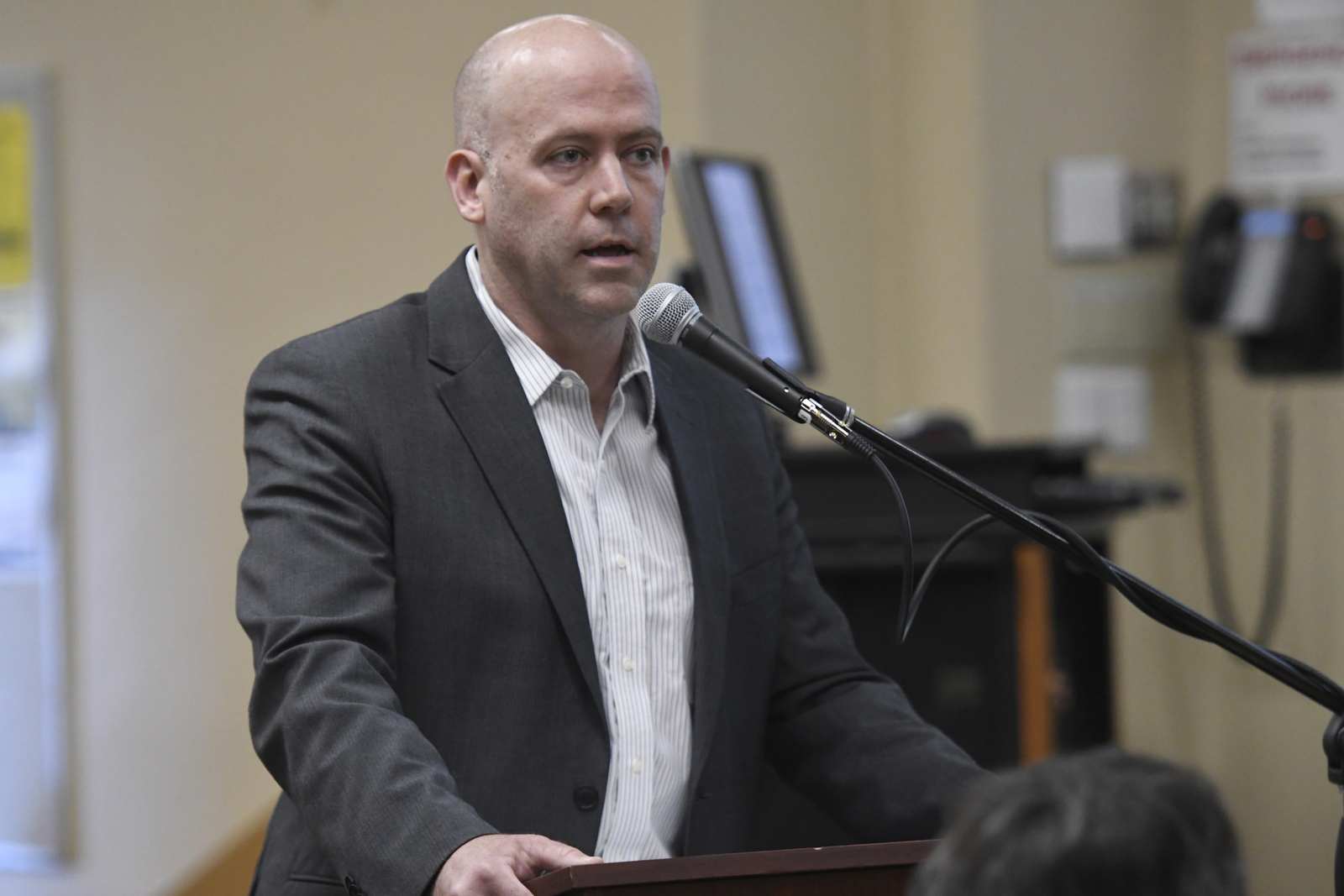City College Takes on Housing Insecurity
SBCC Foundation Proposes Housing Survey

“Finding, securing, and maintaining adequate, stable, affordable housing is among the most significant challenges facing students at Santa Barbara City College,†reads SBCC Foundation CEO Geoff Green’s proposal to the school’s board. Green was previously a commissioner with the Housing Authority of Santa Barbara and served with the People Assisting The Homeless (PATH) advisory board. He is proposing to survey SBCC’s student body to gather data that reflects the current housing situation for students.
The proposed timeline outlines the survey being developed by the end of the summer II 2019 term and for the surveying to begin during the summer and conclude during the fall 2019 term. The findings will be reported to the college and publicized for the community.
The survey will quantify the number of students experiencing housing insecurity or homelessness. Housing insecurity is described as “a broad set of challenges that can include the inability to pay rent or utilities, moving frequently, or living doubled or tripled up with other individuals†by the Community College League of California. Homelessness is defined as a person that does not have a stable place to live and may include children and youth sharing the housing of other people due to loss of housing or economic hardship.
“Insufficient food and housing undermines postsecondary educational experiences, college completion rates, persistence, and credential attainment for many of today’s college student.â€
Housing insecurity and homelessness disproportionately affect students at community colleges. According to a 2019 study by The Hope Center for Community College and Justice, 19 percent of respondents from California Community College were homeless in the previous year, 60 percent were housing insecure, and 50 percent were food insecure in the prior 30 days of when they took the survey. “The U.S. Government Accountability Office and other researchers acknowledge that insufficient food and housing undermines postsecondary educational experiences, college completion rates, persistence, and credential attainment for many of today’s college student,†wrote Green.
Currently, the college has a food pantry on campus open to all students. In the last three months, more than 3,000 students obtained food from the food pantry. Students experiencing homelessness are permitted to use showers in the college’s facility but there is currently no overnight parking for students living in cars.
Assembly Bill 302 is being considered and if approved would mandate community colleges to grant overnight access to parking facilities for students sleeping in their vehicles. The bill was proposed by Assemblymember Marc Berman. “The reality is that students are sleeping in their vehicles right now, and when we don’t provide a safe place for them to sleep, we force them into the shadows – into dark alleys and industrial parks – where they are the most vulnerable,†said Berman. “We can no longer pretend that community college student homelessness isn’t a crisis – we have the data that clearly says it is. Shame on us if we turn our backs on these students and choose to ignore them.â€



